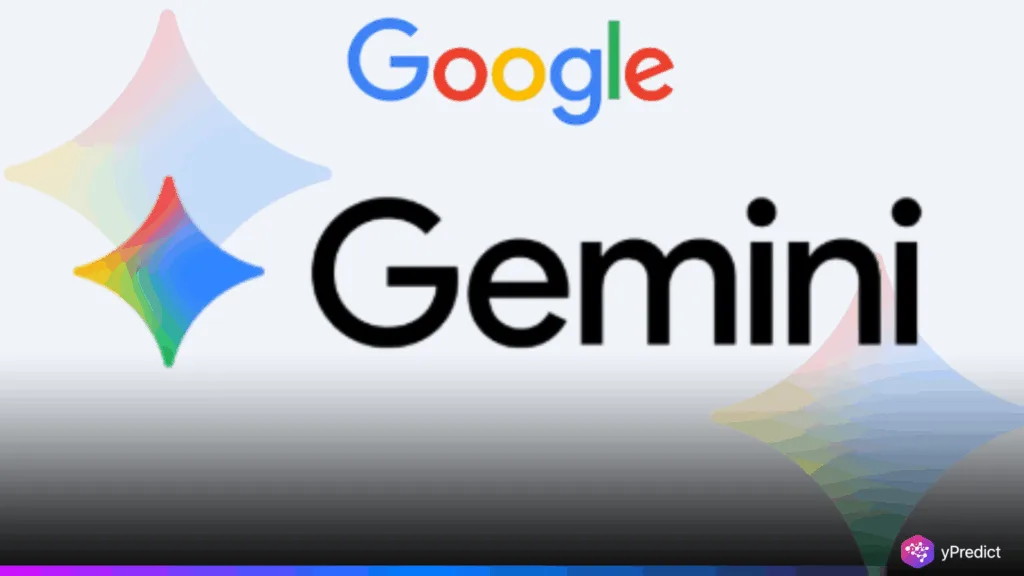
Google has once again made headlines with a bold update to its Gemini AI platform. The announcement of the Google Gemini free Pro plan alongside advanced reasoning abilities is shaking up the competition with OpenAI’s ChatGPT. By offering users both affordability and intelligence upgrades, Google is positioning Gemini as not just an alternative but as a leader in the generative AI market.
The timing of this move is strategic. As AI adoption grows across industries, accessibility and capability are key differentiators. By removing the cost barrier with free access to its Pro tier, Google is ensuring more users experience the platform’s full power. Pair that with Deep Think reasoning, and Gemini’s update becomes a direct challenge to ChatGPT’s dominance.
This development isn’t just about product competition. It signals a larger shift in how AI platforms balance innovation, pricing, and user adoption. With businesses, students, and creators all hungry for smarter tools, Google’s move could accelerate the mainstreaming of advanced AI like never before.
A Bold Step for Wider Adoption
One of the most significant aspects of the update is the Google Gemini free Pro plan. In the past, subscription-based advanced AI models were often limited to users only willing to pay. By giving away a no-cost plan, Google is opening the door for millions of users worldwide.
This free plan is not a limited version either. It allows users access to advanced capabilities entirely prohibited in the past under a paywall. For those tinkering with AI, start-ups developing cool tools, or workers trying productivity tricks, this could be a game changer.
Deep Think Reasoning: Beyond Simple Responses
The other significant feature is Deep Think reasoning wherein Gemini is again able to go further than superficial responses. While ChatGPT has more conversational ability, Gemini’s update tackles layered reasoning, systematic thinking which enables it to analyse deeper complex problems.
For example, consider a student needing logical reasoning behind a step-by-step math solution or a professional analysing a given multi-variable business scenario. Deep Think reasoning enables not only answers, but the frameworks for thought behind those answers. This increases the feelings of trust and usability with anybody using AI for critical decision making.
Why This Update Challenges ChatGPT Directly
OpenAI’s ChatGPT has long been the benchmark for conversational AI. However, Google is sending a clear signal with its new update. By combining the Google Gemini free Pro plan with advanced reasoning, Gemini not only matches but in some cases surpasses ChatGPT’s offerings.
The battle here isn’t just about features. It’s about user loyalty and perception. Many users may begin shifting to Gemini because they can access premium features without cost, while also benefiting from more advanced reasoning capabilities. In a competitive market, such shifts matter.
Shaping the Future of AI Tools
The race between Google and OpenAI is pushing the boundaries of what AI can deliver. With Gemini’s latest update, users are likely to expect more innovation at lower costs across the industry. Companies will need to rethink pricing, accessibility, and the balance between free and paid features.
Most importantly, this signals a turning point in how AI evolves as a daily-use tool. By blending affordability with intelligence, Gemini is creating a model that could redefine the AI adoption curve. If successful, the combination of free Pro access and Deep Think reasoning may soon become a standard expectation, not just a competitive edge.
Final Thoughts
The introduction of the Google Gemini free Pro plan and the rollout of Deep Think reasoning mark a pivotal moment in the AI landscape. Google has positioned Gemini as a serious contender to ChatGPT, bringing unmatched accessibility and intelligence upgrades to the table.
For users, this means more power at no extra cost. For the industry, it raises the bar for what an AI assistant should offer. The competition between Gemini and ChatGPT is far from over, but one thing is clear—Google just made a game-changing move.






